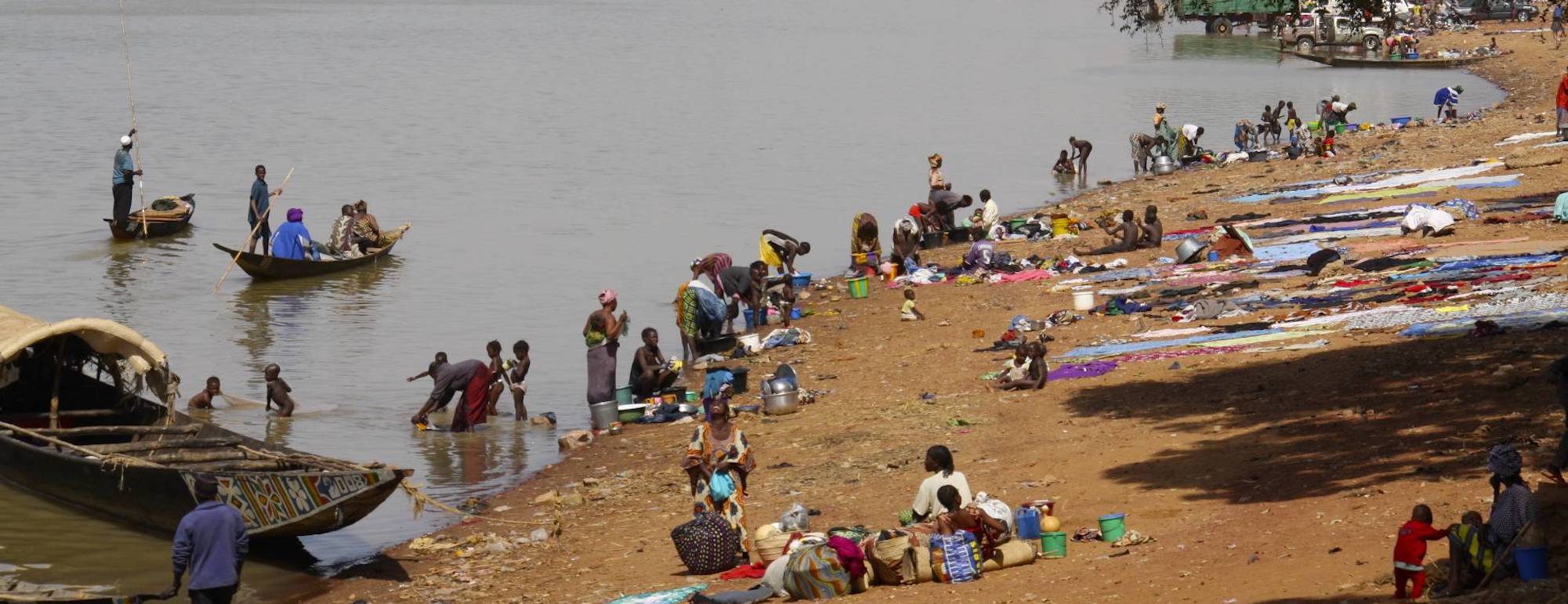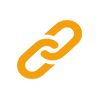I Bless The Rains Down In Africa
For most of the world, Africa is truly the forgotten land. On a vast continent that spans both sides of the equator and is host to a dizzying variety of ecosystems, cultures, religions, and wildlife, being forgotten by much of the rest of the world is perhaps one of the only universal commonalities among it’s people.
Around the hotspots where the UN is active you’ll find pockets of well-intentioned people trying to do their part in whatever effort is taking place. These efforts are but a blip on the world’s radar. They are a quick byline jammed into the end of a news radio segment - an IED here, a kidnapping there. A snippet of news read just before the sports scores from the night before.
On my most recent trip to Africa, I traveled to Mali. During my time in country four people were kidnapped less than a day’s drive from where I was staying. That event was only newsworthy as a sub-scroll at the bottom of the screen that was focused on President Trump’s latest tweet.
Exploring The Why
Many of the SOFLETE crew have logged a considerable amount of time in Africa due during our our time in SOF units. Our time in Africa continually highlighted the need for help that many African people have, especially those who live in harder to reach, more dangerous locations. As SOFLETE grows, our interest in helping others grows as well. We continue to support Veteran Charities at home, like the Silent Warrior Foundation, but we also feel an undeniable pull towards helping those in places we have visited abroad.
As we discussed how we could most efficiently bring legitimate aid to Africa, it was important to craft a strategy and plan that would be maximally effective given our time constraints and resources. It didn’t take long for the team to decide on bringing clean water to forgotten conflict zones.
The goals of the plan are simple. Executing the plan would be anything but. There are more than a few complications when it comes to helping in Africa. For starters, if you’re going to bring something to a group of people, you better bring enough of it that there is something for every group in the area. On multiple occasions we have personally witnessed humanitarian aide efforts result in bloodshed between tribes who decided to monetize and/or monopolize the aide provided.
The second complication of working in the wilds of Africa is that most of us stand out like Indiana Jones’ pal Marcus Brody – we don’t speak the local dialect and have zero burning desire to get kidnapped. Our solution was to find local individuals willing to help with our aid and assistance, knowing that their efforts would be directly helping their home areas. Luckily we ended up meeting and working with an amazing group of people who were literally willing to risk their lives to help.

Phase One: Determining where there is a need for clean water in the most war torn parts of the country.
Gao, Mali is maybe the worst of the forgotten war zones on the planet. The village is a two-to-three day drive from the capital. You can’t get there driving at night, and there is a very high likelihood of being robbed/kidnapped/blown up along the way. If you’re able to get to Gao, the risks aren’t behind you. Extremist groups and opportunistic groups of bandits move relatively freely in the town. The town people have actually started dressing like the groups executing the violence, so once you get into town if you are dressed like a westerner you stick out like a sore thumb - even if your family is from the area. When one of our team members on the project headed out on a bus towards Gao, we were all on edge.
It took two full days to get to Gao, and once on the ground our team member came to a harsh realization - he was dressed like everyone in Bamako, the capital of Mali. In Gao nobody was wearing jeans and a tee shirt. Regardless, he set off on his mission: to get a test sample of water from the three main drinking water collection points in the village.
Here is the hard part: the best way to conduct the testing is at the water site. This would leave him exposed in the open, dressed like a westerner, and paying attention to his water test kit and not what was happening around him. The first water test went smoothly, but on the way to the second water point he was stopped. After getting stripped of his possessions, the locals told him to go home and not to come back. After an explanation of what he was doing and why he was there, they relented. After returning his belongings he was allowed to continue on to the second water testing point. It wasn’t until the third and final collection that things got really hairy.
While pulling into the third water collection point, our teammate’s moped was struck by a bullet when a burst was fired at him from across the river. Fortunately the round only crippled the moped, and did not take it out of commission. Getting this final water sample and test completed (a 10 minute process) meant he had completed his mission and was clear to head back to a friend’s home in Gao and have a night of relative safety before heading back on the treacherous road to Mopti and Bamako.
Back in Bamako we were working with and through the locals to ensure that our efforts to help wouldn’t lead to more bloodshed or a power play by any one group of people in Gao. To most people, it would seem simple enough to roll into Gao, install a well with a water purification setup, and then monitor and update that well on a quarterly or annual basis. The locals warned us that installing a well would likely spark a fight over that precious resource, and we were urged to find another way to provide a clear water source that would not require a single point of production.
We sat down to discuss how best to tackle this problem, and decided that bringing water bottles with built in filtration devices would be the answer. This would eliminate a single point of control, and would also be cheap and effective.

Phase 2: Exploring The River
Part of the ways we wanted to explore travel around Mali was by boat, so we contracted a local boat company for a day out on the river to get a better sense of their capabilities and gauge the interest for their support in our efforts. The boat crew and captain had a fantastic and comfortable setup. It would take about ten days on the river to get where we wanted to go so we needed to make sure that the boat and crew would be not only able to make the journey, but also do so reliably.
While out on the river the boat captain explained to me that he owned an island on the river, and had built a school there. The school was primarily used by the “river people” and their children. Apparently there is a little known tribe that operates the boats and does most of the fishing on the Niger river. This tribe is looked down upon by most of the other tribes in the area and has very limited access to education.
Since the boat captain was from Gao, it was a no-brainer to ask his help in bringing clean drinking water to the area. After showing him my purification bottle and us both drinking from the Niger river he was 100% on board with the plan. However, he didn’t know just how integral to our efforts he would become. The school he had established on the river is truthfully the path forward to success and change in Gao. In order to effect a generational shift the people need the basic necessities of life with clean water, and also need to educate the next generation so they are able to understand and better the city as they grow and are given/take on more responsibility.
The school gives the children a sense of community and belonging while simultaneously giving them the life tools necessary to become a positive influence in their community. Say what you will about the American education system, but it’s where many successful careers and crucial relationships are formed. With no schools currently operating in Gao, the children are not left with many options for education. Our team in Mali was and is perfectly suited to change that and effect a transformation.
Planning For The Future
After a week in Mali we have an incredible team of people on the ground dedicated to helping in Gao. We have two projects going: Helping to allocate buildings for use as schools and creating clean water distribution points where they are desperately needed. Perhaps most importantly, we have brought together a group of local people willing and able to help their country when most of the world has forgotten about them.





